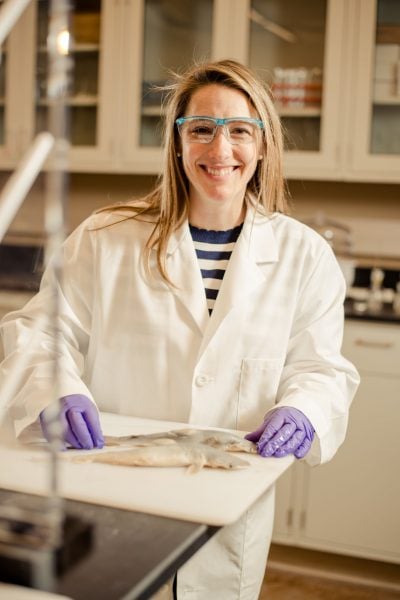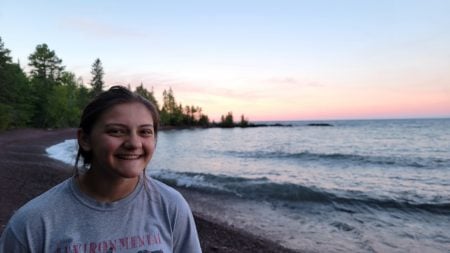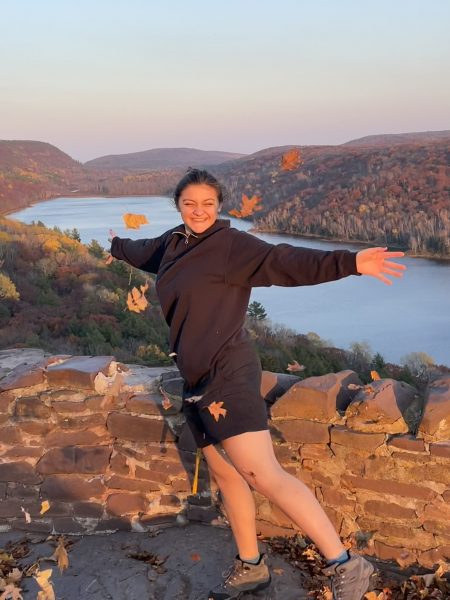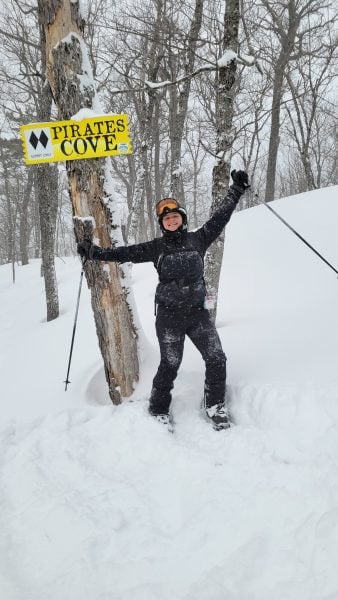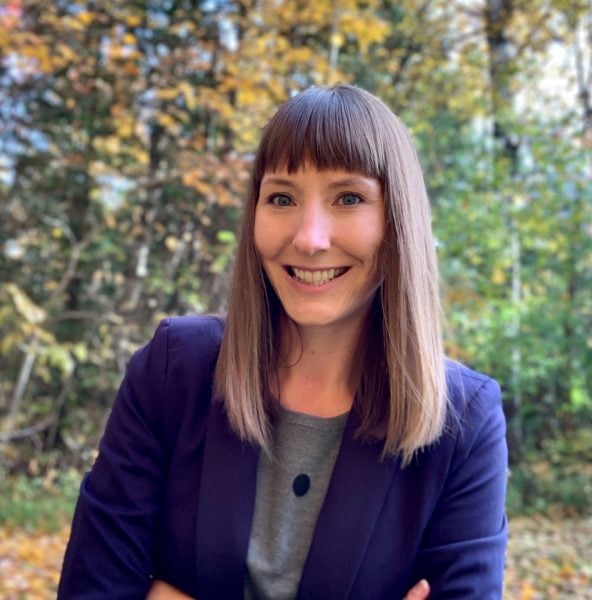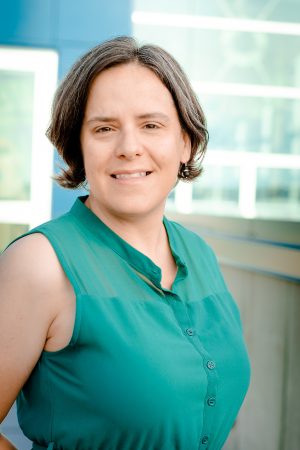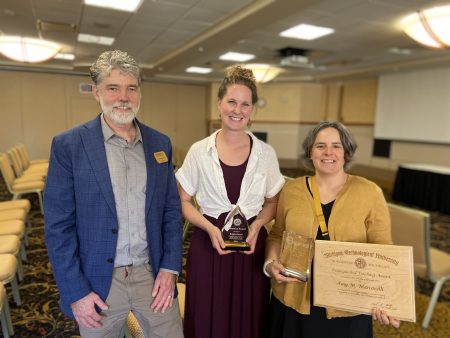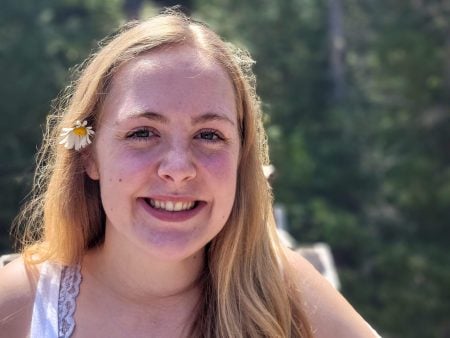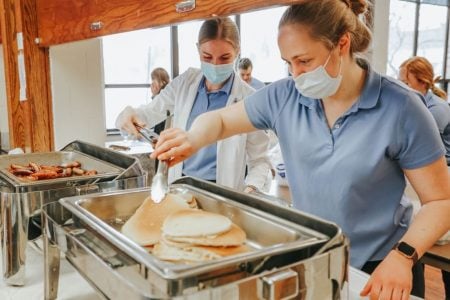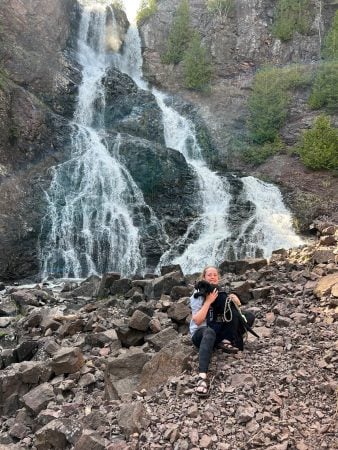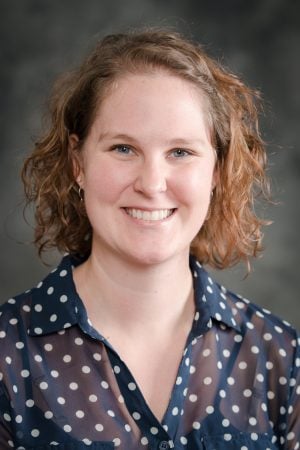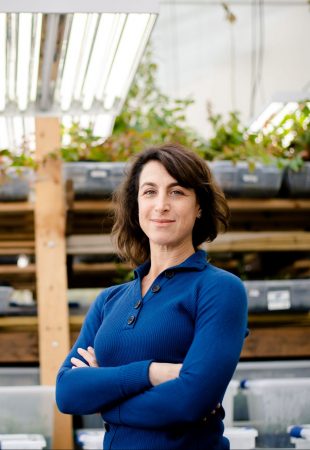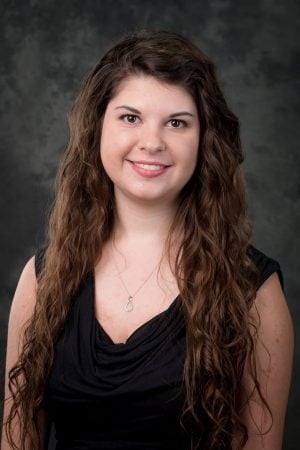Stephen Techtmann is the principal investigator (PI) on a project which has received a $798,426 research and development co-op joint agreement from the U.S. Department of Defense, DARPA. The title of the project is “Ice Control Compounds from Bacterial Isolates and Functional Metagenomics.”
Trista Vick-Majors is the co-PI on this potential two and a half year project.
Dr. Stephen Techtmann is an environmental microbiologist who studies microbial communities in diverse ecosystems. In addition to ice control compounds, he studies how complex microbial communities can perform functions of industrial interest. He seeks to use culture-based and culture-independent methods to understand how microbial communities respond to anthropogenic activity and environmental change, in addition to how we can leverage these microbes for a biotechnological application.
Techtmann has experience in teaching Environmental Microbiology, Microbial Physiology, Applied Genomics, Modern BMB Laboratory, and Principles of Computational Biology.
About the Biological Sciences Department
Biological scientists at Michigan Technological University help students apply academic concepts to real-world issues: improving healthcare, conserving biodiversity, advancing agriculture, and unlocking the secrets of evolution and genetics. The Biological Sciences Department offers seven undergraduate degrees and three graduate degrees. Supercharge your biology skills to meet the demands of a technology-driven society at a flagship public research university powered by science, technology, engineering, and math. Graduate with the theoretical knowledge and practical experience needed to solve real-world problems and succeed in academia, research, and tomorrow’s high-tech business landscape.
Questions? Contact us at biology@mtu.edu. Follow us on Facebook and Instagram, or read the Biological Sciences Newsblog for the latest happenings.

